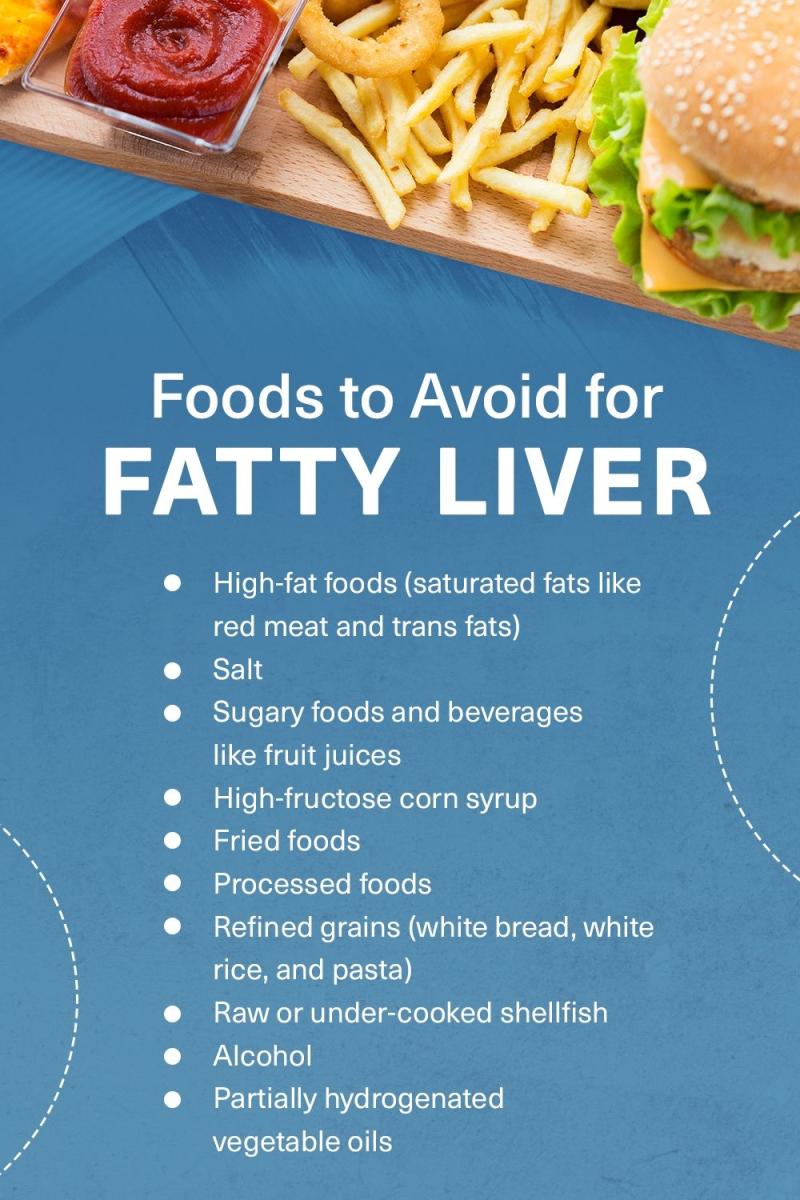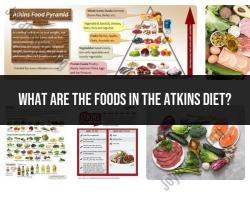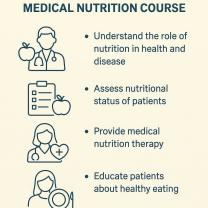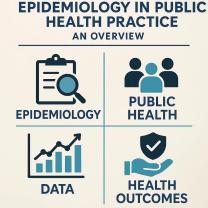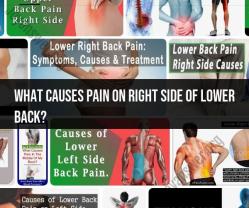What foods to avoid with liver disease?
For individuals with liver disease, it is often advisable to avoid or limit certain foods that can strain the liver or exacerbate liver damage. The specific dietary restrictions may vary based on the underlying liver condition and its severity. Here are some general guidelines on foods to avoid with liver disease:
Alcohol:
- Alcohol is a primary contributor to liver damage. Individuals with liver disease, including cirrhosis or hepatitis, should completely avoid alcohol.
High-Sodium Foods:
- Excessive sodium intake can contribute to fluid retention and increase the risk of complications. Avoid or limit high-sodium foods, such as processed foods, canned soups, and salty snacks.
Fatty Foods:
- High-fat foods can be challenging for the liver to process, especially in cases of non-alcoholic fatty liver disease (NAFLD). Limit intake of fried foods, fatty cuts of meat, and full-fat dairy products.
Red and Processed Meats:
- Red and processed meats can be high in saturated fats, which may contribute to liver inflammation. Choose lean protein sources such as poultry, fish, and plant-based proteins.
High-Sugar Foods and Beverages:
- Excessive sugar intake, especially in the form of added sugars, can contribute to fatty liver disease. Limit consumption of sugary drinks, sweets, and processed foods with high sugar content.
High-Carbohydrate Foods:
- In some cases, particularly with advanced liver disease, it may be beneficial to moderate carbohydrate intake. This can help manage conditions such as hepatic encephalopathy. Choose complex carbohydrates over simple sugars.
Caffeine:
- While moderate caffeine consumption is generally considered safe, individuals with certain liver conditions may be advised to limit caffeine intake. Consult with a healthcare provider for personalized recommendations.
Raw or Undercooked Shellfish:
- Individuals with liver disease, particularly cirrhosis, may be more susceptible to infections. Avoid raw or undercooked shellfish, as they can carry bacteria or viruses that may cause foodborne illnesses.
Excessive Vitamin A Intake:
- Consuming excessive amounts of vitamin A can be harmful to the liver. Avoid high-dose vitamin A supplements and be cautious with foods high in vitamin A, such as liver.
Grapefruit and Grapefruit Juice:
- Grapefruit and grapefruit juice can interact with certain medications, affecting their metabolism in the liver. Check with a healthcare provider regarding any potential interactions.
Unpasteurized Dairy Products:
- Unpasteurized dairy products may carry a risk of bacterial contamination, which can be particularly problematic for individuals with compromised liver function.
Individuals with liver disease should work closely with their healthcare team, including a registered dietitian or nutritionist, to develop a personalized dietary plan that takes into account their specific condition and nutritional needs. It's crucial to seek individualized guidance based on the type and severity of the liver disease and any concurrent health conditions.
Certainly, here is a detailed guide to identifying foods high in saturated and trans fats, limiting sugary foods and beverages, and avoiding excessive alcohol consumption and salt intake for liver health:
Identifying Foods High in Saturated and Trans Fats
Saturated and trans fats are unhealthy fats that can raise LDL (bad) cholesterol levels and increase the risk of heart disease, stroke, and other health problems. Limiting these fats is crucial for maintaining liver health.
Foods High in Saturated Fats:
Red meat: Beef, lamb, pork, and processed meats like salami, hot dogs, and sausages
Full-fat dairy products: Whole milk, butter, cheese, and ice cream
Coconut oil and palm oil: Often used in tropical cuisine and processed foods
Foods High in Trans Fats:
Partially hydrogenated oils: Found in many packaged snacks, baked goods, and fried foods
Margarine: Some margarines contain trans fats, so check the label carefully
Vegetable shortening: Used in baking and frying
Limiting Foods and Beverages with Excessive Sugar Content
Excessive sugar consumption can lead to weight gain, insulin resistance, and fatty liver disease, all of which can negatively impact liver health.
Sugary Foods and Beverages to Limit:
Soft drinks: High in sugar and often contain artificial sweeteners
Fruit juices: Concentrated sources of sugar, even if from natural sources
Sweetened coffees and teas: Avoid adding excessive sugar or syrups
Packaged snacks: Candy, cookies, cakes, and pastries are high in sugar and calories
Processed foods: Many processed foods contain added sugars as flavor enhancers
Avoiding Alcohol Consumption and Excess Salt Intake for Liver Health
Excessive alcohol consumption is a major risk factor for liver damage, including cirrhosis and liver cancer. Additionally, high salt intake can contribute to high blood pressure, which can further strain the liver.
Alcohol Consumption:
Limit alcohol intake: For healthy adults, moderate alcohol consumption is defined as one drink per day for women and two drinks per day for men.
Avoid binge drinking: Binge drinking, defined as consuming four or more drinks for women and five or more drinks for men on one occasion, is particularly harmful to the liver.
Salt Intake:
Limit salt intake: The recommended daily salt intake is less than 2,300 milligrams (mg) for most adults.
Read food labels: Check food labels for sodium content and choose options with lower sodium levels.
Cook with herbs and spices: Use herbs, spices, and citrus juices to add flavor without relying on salt.
By following these dietary recommendations, you can significantly reduce your intake of saturated and trans fats, limit sugar consumption, and avoid excessive alcohol and salt intake, all of which contribute to maintaining liver health and overall well-being.
